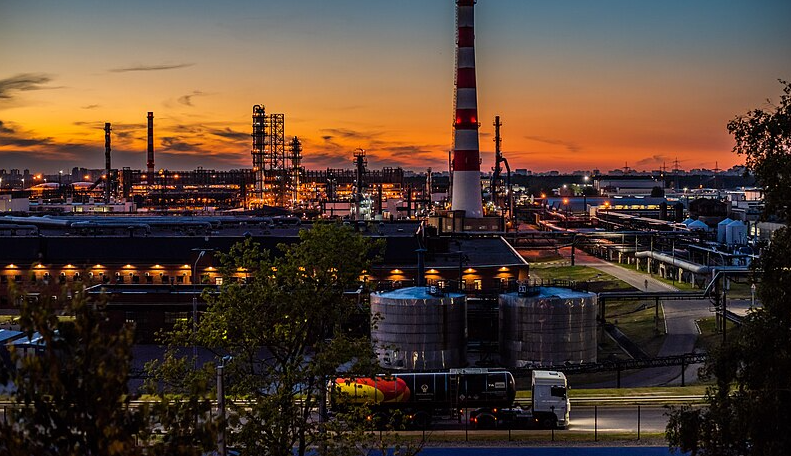US urges Ukraine to halt strikes on Russian oil refineries according to Financial Times.
Others are reading now
The US has called on Kiev to cease its attacks on Russia’s energy infrastructure, citing concerns that drone strikes on oil facilities could lead to a rise in global fuel prices, as reported by three informed sources to Financial Times.
The US has repeatedly warned Ukraine about the potential consequences of drone attacks on Russian energy facilities. American officials have shared their concerns with the Ukrainian Security Service (SBU) and the Main Intelligence Directorate of the Ministry of Defense of Ukraine (GUR), both of which are continually expanding their drone programs to strike Russian targets on land, sea, and air.
Despite this, attacks on oil refineries, terminals, warehouses, and oil storages have intensified in recent months. This has led to growing frustration in the White House with Ukraine’s actions, one FT source noted.
Russia remains one of the world’s largest exporters of energy resources, despite Western sanctions. Oil prices have risen about 15% this year to $85 a barrel, leading to higher fuel costs in the US as President Joe Biden begins his re-election campaign.
Also read
Washington is also concerned about Russia’s potential response to Ukraine’s strikes. The US believes Western energy infrastructure, including the Caspian Pipeline Consortium (CPC), which delivers oil from Kazakhstan, could be at risk. Moscow has halted its operation several times in 2022.
“Nothing scares the incumbent American president more than the rise in fuel prices in an election year,” said Bob McNally, president of Rapidan Energy consulting firm and former White House energy advisor.
According to a military intelligence representative in Kiev, since 2022, there have been at least 12 attacks on major Russian oil refineries, nine of which occurred this year. Several terminals, warehouses, and storages were also affected.
Reuters calculations show that strikes on Russia’s largest refineries in February and March paralyzed 13% of the total capacity of active primary processing units. Considering only refineries that produce gasoline and diesel fuel, the Russian economy lost about 9% of production, or 77.4 thousand tons per day, based on processed oil.
The accumulated downtime at refineries due to drone strikes reached 3.5 million tons, ten times more than the total for the previous two years. Meanwhile, the number of damaged oil refining units tripled, and by mid-March, the volumes of emergency downtime were 1.4 times higher than planned repairs.








